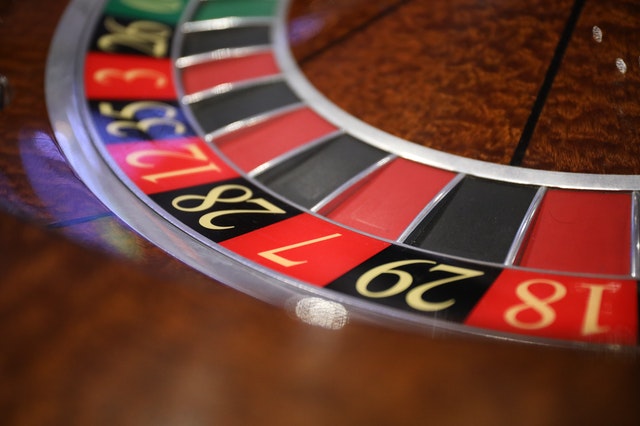
Picture this. You find a new online gaming site that promises you a good bonus when you sign up. Let’s assume it matches your deposit up to $10. You put up $10, and it gives you $10 to spend on a specific game. We will call this game ABC Cups. Suppose the game requires you to match five cups in given order to win $50. You place the first bet, and it comes up short, and you’re now down to $19, having spent $1 on the wager.
You keep playing until you have only $2, and eventually, you match three cups and win a cool $30. This win pushes you to a balance of $32. You still want to get the $50, so you keep playing, but after 32 and $32 later, you have no wins.
You come back the next day with another $10, hopeful that you can at least match three cups to recoup your loss, but you come up empty. Two weeks later and $100 later, you start asking yourself, ‘are you chasing losses’ or ‘is the online gambling site rigged?’ What’s the truth?
Many people have been in this position, and if this describes or relates to why you’re reading this article, we are about to get to the answer.
How many times have you heard someone claim that an online site has been rigged?
They will go, ‘Oh no, I would never place a bet on that site. It’s rigged. There’s no way you can win!’ This thinking can have you wondering if placing a wager is worth it. Well, most of this thinking comes from mistrust. Think about it. In a physical casino, you will stand there with the dealer, and you can watch everything. But what happens if you are behind a computer?Can you trust the numbers? Most people find it challenging, and this distrust makes them think that the system is rigged, which they tell anyone who cares to listen. And so, the rumors spread, and soon enough, there’s a myth that has now become ingrained as truth in many players.
So, what’s the truth? 99% of the time, the system is not rigged, and instead, it comes down to your luck. You are losing because that’s your fate. You have the wrong hand; your pin fell on the wrong number, your guess was wrong, etc. It’s bad luck; not a bad game. How about the 1%? There have been cases where people have been caught rigging the system. However, these cases are few and far between. Unless you have terrible luck, it’s hardly likely that you’re playing a rigged game.
Let’s first deal with what’s more common- a system based on numbers and probability. Here’s a question. If you’re rolling dice, what’s the probability you roll a 6? The answer would be 1/6. But what’s the probability that you roll the dice twice and get a 6 twice? The answer changes to 1/36. It’s hardly likely this would happen, but it can. So, imagine you’re playing a game, and the computer rolls a 6, then another 6.
In your head, you might think the game is rigged because this would not be a likely pattern. You might even think that the following number should have been anything but a 6. So, if the computer rolls a 6 a third time, you can start doubting the validity of the game? It’s around this time that people conclude that a game is rigged.
But is it? No. Here’s the thing. Gambling is about luck, numbers, and probability. Sure, the probability of rolling 6 three times is very low, but it can happen because the game is based on probabilistically independent events. Because you’ve rolled a 6 does not mean that a 6 cannot roll again. These are independent events that have nothing to do with each other. If anything, the computer can roll 6 ten times, which would be uncommon but not improbable. There’s one myth dispelled.



© 2021 All rights reserved!